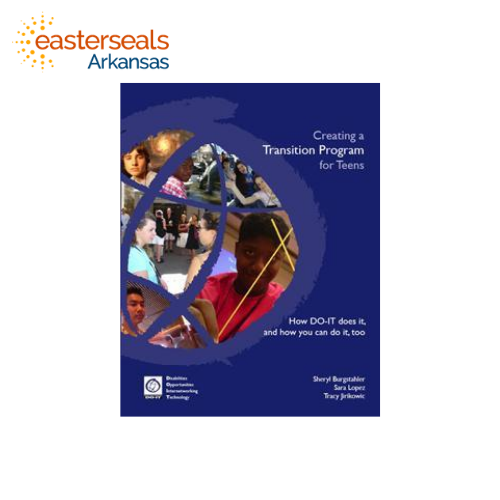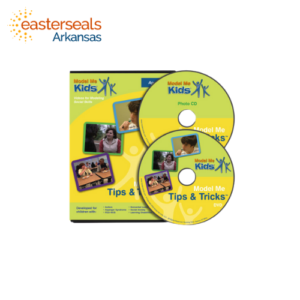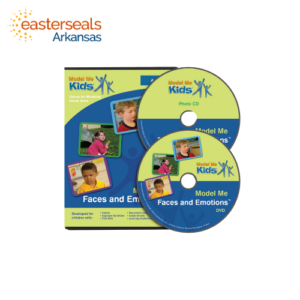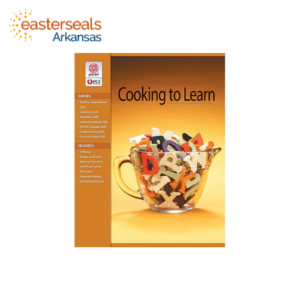Do you want to begin or enhance a program to help young people successfully transition to college and careers? Do you want to reduce preparation time by starting with materials and forms that have been created by a successful program? This book was written for you! It can help you create summer study, work-based learning, and e-mentoring programs for youth. Key considerations are highlighted to help you get started in developing programs that include computer technology access, peer and mentor support, college preparation activities, and work-based learning. Organizational details shared in this book have been implemented for more than fourteen years at the University of Washington in Seattle. Applying these practices can promote the development of self-determination and technology skills that contribute to success in college, careers, and independent living. Chapter One provides an overview of research that supports DO-IT practices. The chapters that follow share how DO-IT employs evidence-based practices in a cohesive set of programs and activities for students who have disabilities. Within those chapters you will see how
Creating a Transition Program for Teens
Free
Description
Do you want to begin or enhance a program to help young people successfully transition to college and careers? Do you want to reduce preparation time by starting with materials and forms that have been created by a successful program? This book was written for you! It can help you create summer study, work-based learning, and e-mentoring programs for youth. Key considerations are highlighted to help you get started in developing programs that include computer technology access, peer and mentor support, college preparation activities, and work-based learning. Organizational details shared in this book have been implemented for more than fourteen years at the University of Washington in Seattle. Applying these practices can promote the development of self-determination and technology skills that contribute to success in college, careers, and independent living. Chapter One provides an overview of research that supports DO-IT practices. The chapters that follow share how DO-IT employs evidence-based practices in a cohesive set of programs and activities for students who have disabilities. Within those chapters you will see how





